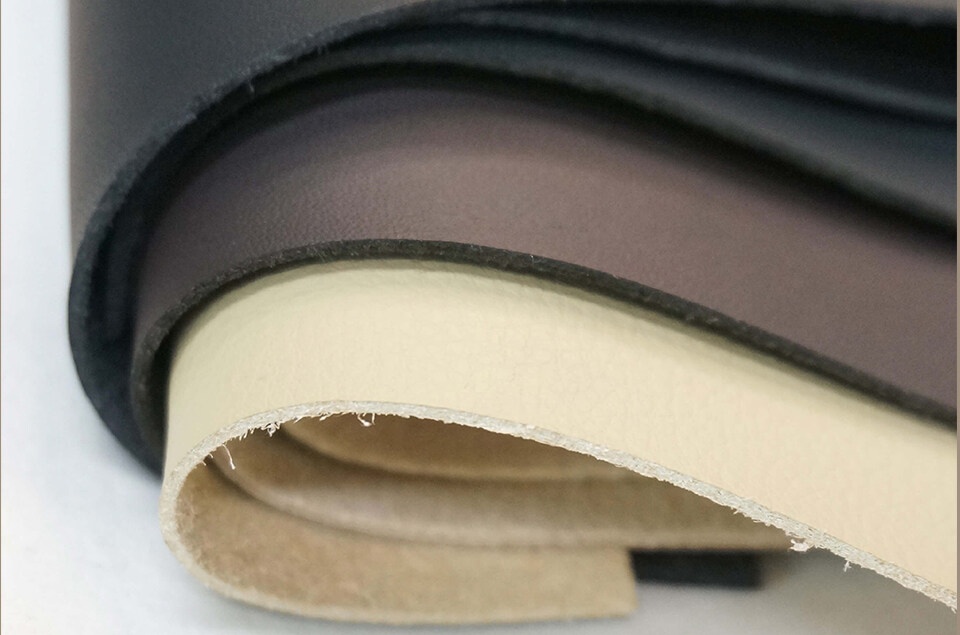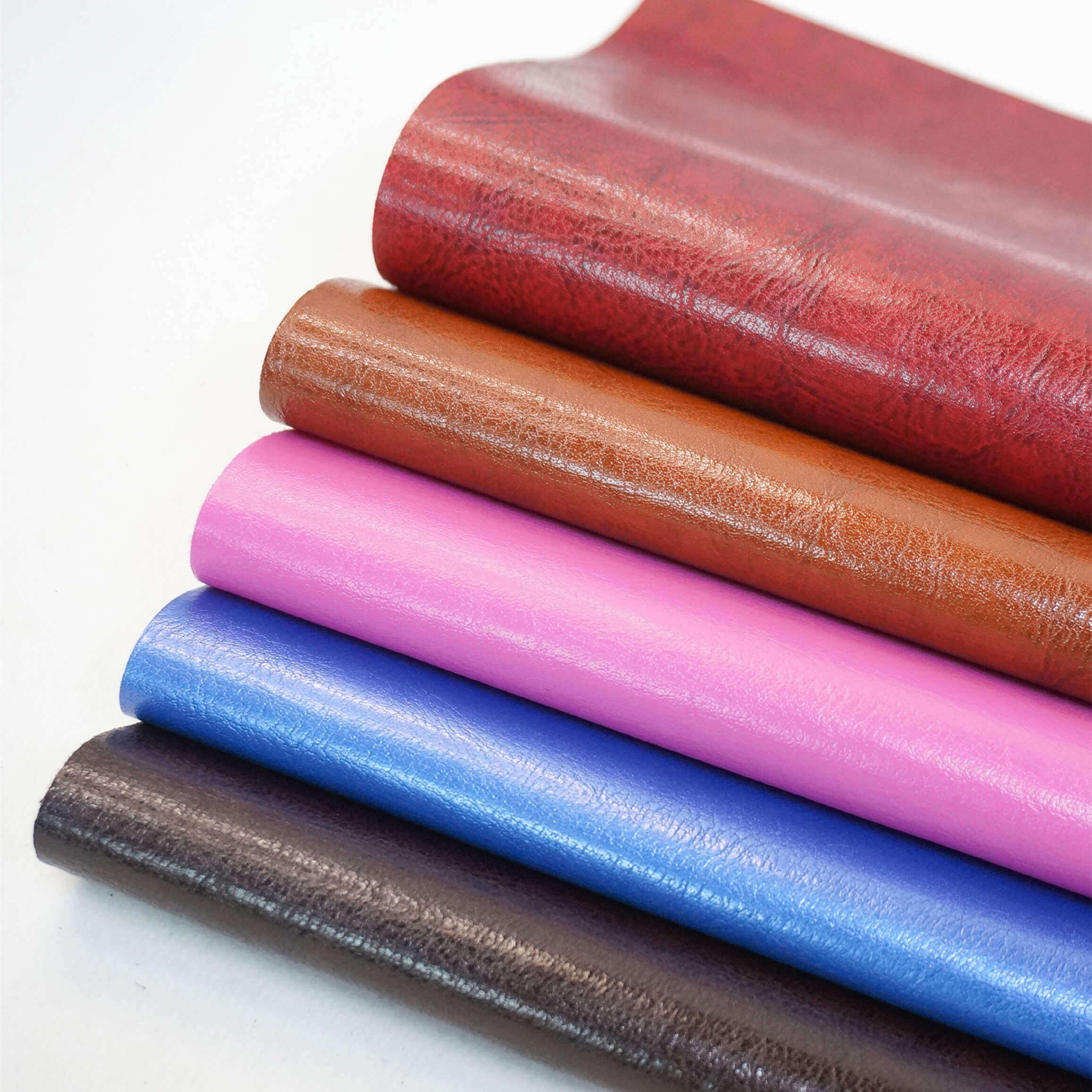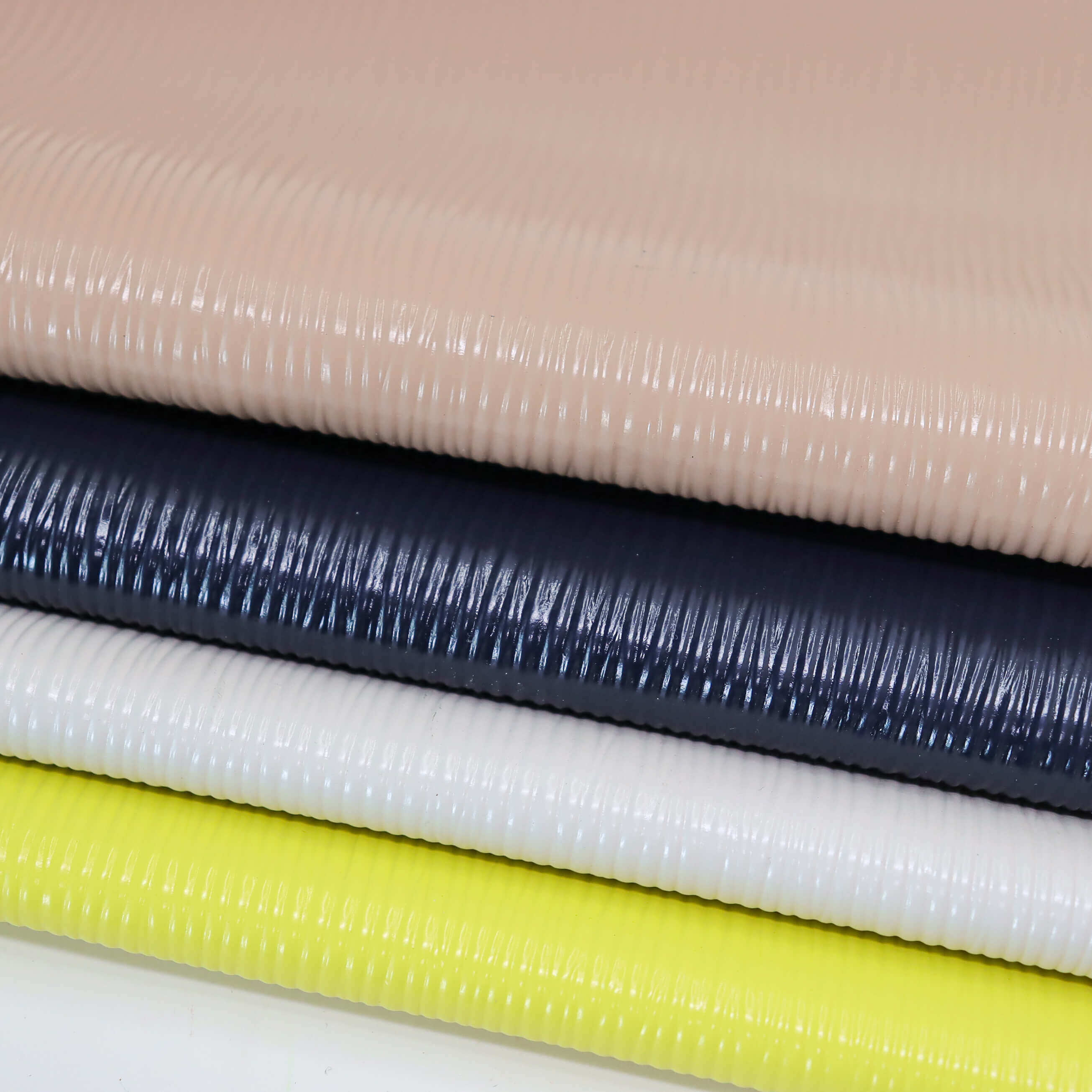Email format error
Email cannot be empty
Email already exists
6-20 characters(letters plus numbers only)
The password is inconsistent
Email format error
Email cannot be empty
Email does not exist
6-20 characters(letters plus numbers only)
The password is inconsistent

News

PVC Leather vs PU Leather: Which is Better?
When it comes to choosing the right material for upholstery, fashion, and accessories, PVC leather and PU leather are two popular options that often come to mind. Both materials offer a leather-like appearance and are widely used in various industries. But how do they stack up against each other in terms of durability, cost, and environmental impact? In this comprehensive article, we'll delve into the differences between PVC leather and PU leather from multiple perspectives to help you make an informed decision.
Understanding PVC Leather and PU Leather
Before diving into the comparison, let's first understand what PVC leather and PU leather are and how they are manufactured.
What is PVC Leather?
PVC (Polyvinyl Chloride) leather, also known as vinyl leather, is made by coating a fabric backing with polyvinyl chloride. It is a synthetic material that mimics the look and feel of genuine leather.
What is PU Leather?
PU (Polyurethane) leather, on the other hand, is made by applying a layer of polyurethane to a fabric backing. It is also a synthetic material but offers a softer and more flexible texture compared to PVC leather.
Durability and Longevity
PVC Leather
-
Strength: PVC leather is known for its strength and durability, making it resistant to wear and tear.
-
Weather Resistance: It is more resistant to harsh weather conditions, making it suitable for outdoor use.
PU Leather
-
Flexibility: PU leather offers greater flexibility and is less prone to cracking or peeling over time.
-
Softness: It has a softer texture compared to PVC leather, providing a more comfortable seating or wearing experience.
Cost and Affordability
PVC Leather
-
Cost-Effective: PVC leather is generally more affordable than PU leather, making it a budget-friendly option for many consumers.
-
Availability: It is widely available and comes in a variety of colors and finishes to suit different preferences.
PU Leather
-
Higher Cost: PU leather is usually more expensive than PVC leather due to its superior quality and finish.
-
Luxurious Appearance: It often has a more luxurious appearance and feel, resembling genuine leather more closely.
Environmental Impact and Sustainability
PVC Leather
-
Environmental Concerns: PVC leather production involves the use of chemicals that can be harmful to the environment.
-
Recyclability: It is less recyclable compared to PU leather, contributing to waste accumulation.
PU Leather
-
More Eco-Friendly: PU leather production is generally considered more environmentally friendly as it uses fewer toxic chemicals.
-
Recyclability: PU leather is more recyclable than PVC leather, making it a greener choice for eco-conscious consumers.
Maintenance and Care
PVC Leather
-
Easy to Clean: PVC leather is easy to clean and maintain, requiring only regular wiping with a damp cloth.
-
Stain Resistance: It is more resistant to stains and spills compared to PU leather.
PU Leather
-
Special Care: PU leather requires more delicate care to maintain its appearance and prolong its lifespan.
-
Sensitive to Heat: It is sensitive to heat and may warp or melt if exposed to high temperatures.
Conclusion
Both PVC leather and PU leather have their own set of advantages and disadvantages, making them suitable for different applications and preferences. While PVC leather offers durability and affordability, PU leather provides flexibility, luxury, and a more eco-friendly profile.
When choosing between PVC leather and PU leather, consider factors like durability, cost, environmental impact, and maintenance requirements to make the best decision for your needs. Whether you prioritize strength and affordability or flexibility and sustainability, there is a synthetic leather option that's right for you.
In the end, the choice between PVC leather and PU leather comes down to personal preference, budget, and the specific requirements of your project or application. By weighing the pros and cons of each material, you can make an informed decision that aligns with your values and expectations.
So, which is better: PVC leather or PU leather? The answer depends on your priorities and needs. Regardless of your choice, both materials offer a viable and stylish alternative to genuine leather, making them popular choices in today's market.

